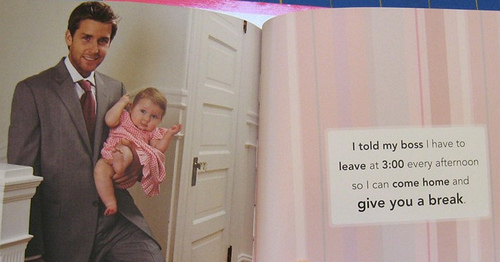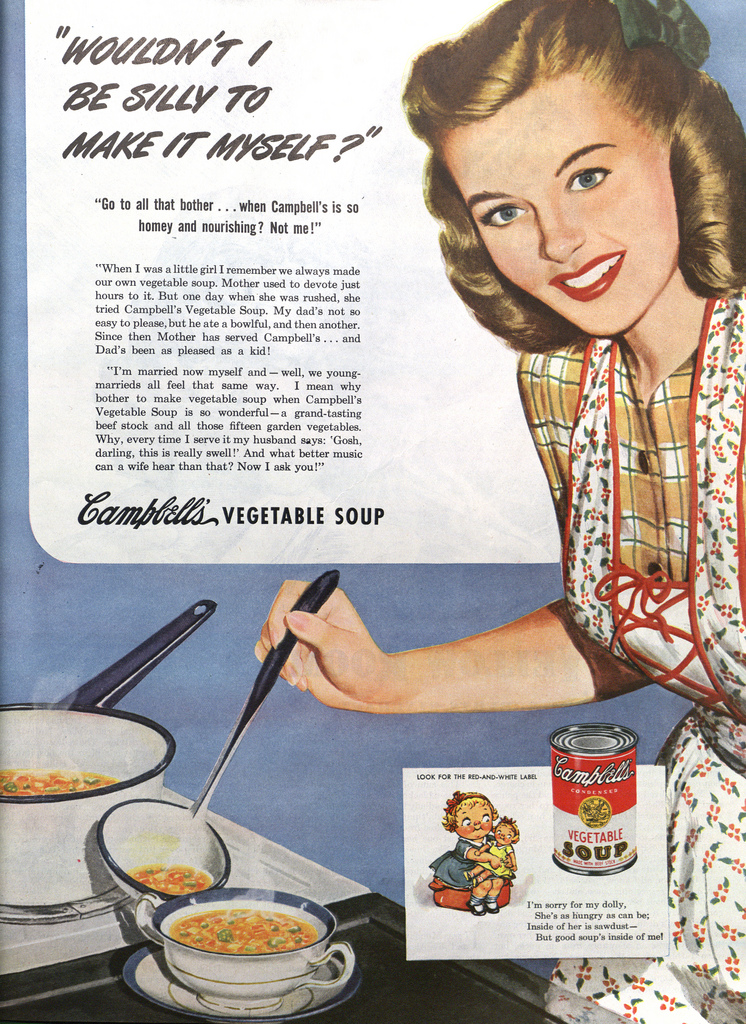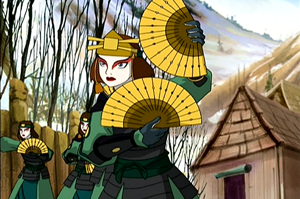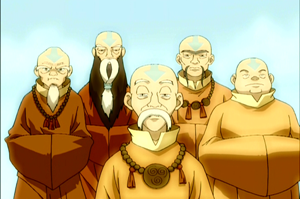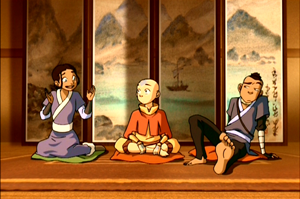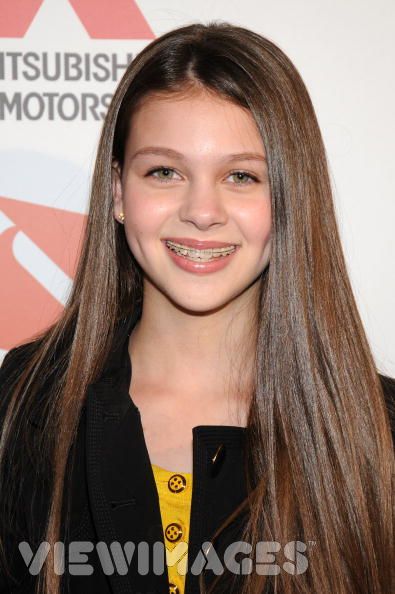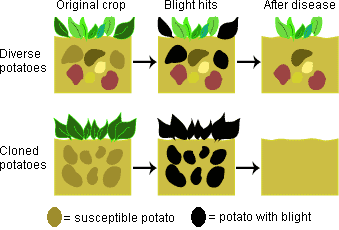Via Alas a Blog.
My student, Jacob G., just returned from a semester abroad in Australia. He reports that Foster’s beer is nearly nowhere to be found in Australia and, when it is, it is not considered centrally Australian, but instead, cheap and nasty. This is in dramatic contrast to Foster’s beer commercials. For example:
So, Foster’s beer is being marketing to the U.S. with the notion that it is essentially Australian. Australian-ness, if you watch many Foster’s beer commercials, includes hypermasculinity. This is troubling for Australians–many of whom, I suspect, are not particularly hypermasculine–but it also interesting in that it illustrates how a product can be marketed by branding it with a nation.
Fascinating:
Bush’s comment is offensive (yes, all pro-choice women are ugly, angry, and undesirable). Clinton’s complicity is unfortunate.
In the comments, Sabriel asks what my “sociological angle” is. Sabriel, I think Bush’s comment and Clinton’s complicity reveals that it’s still essentially fine to be hateful towards women, especially those who refuse to play by the rules of patriarchy (whether that be measured by attention to their attractiveness to men or accepting that their role of mother should take precedence over any and all other needs and desires). Regarding Clinton’s complicity: Imagine the flak he would have taken had he defended the woman that Bush castigates. By and large, at least in politics, it is easier to be sexist than it is to be feminist.
Via Feministe.
Apparently Porn for Women, the book that suggested that what women really fantasized about was a man who would do housework, was so popular that they decided to publish a Porn for New Moms. These pictures from the book (found here, here, and here), brought to our attention by Anna R., are a sad testament to what we actually think is realistic to expect from a father:
Text: “I told my boss I have to leave at 3:00 every afternoon so I can come home and give you a break.”
Text: “…and in just eight more hours, we can wake up mommy!”
Text: “Every time I see a cute, young coed these days, all I can think is, ‘potential babysitter.'”
So apparently fathers who take care of the child so moms can get some sleep, deprioritize their work, give moms a “break,” or stay faithful are unrealistic… even a “fantasy.” Confirming this, a quote on the back cover reads: “Finally, there’s erotica that’s guaranteed to fulfill every woman’s fantasy.”
In Something from the Oven, Laura Shapiro explains that, after WWII, the U.S. government made a huge push to get women out of jobs and back into the kitchen. So much for Rosie the Riveter.
Part of the propaganda involved a return to time-consuming home cooked meals. But this propanganda was up against a contradictory need of food-related companies to market to the general public the advances they had made during the war in non-perishable and pre-cooked and packaged food. So, on the one hand, women were encouraged to spend all day on a roast and, on the other hand, they were encouraged to take advantage of new food technologies.
This ad, from the 1940s, incites women to take advantage of Campbell’s pre-made soup:
Text:
“WOULDN’T I BE SILLY TO MAKE IT MYSELF?”
“Go to all that bother.. when Campbell’s is so homey and nourishing? Not me!”
“When I was a little girl I remember we always made our own vegetable soup. Mother used to devote just hours to to it. But one day when she was rushed, she tried Campbell’s Vegetable Soup. My dad’s not so easy to please, but he ate a bowlful, and then another. Since the Mother has served Campbell’s… and Dad’s been as pleased as a kid!
“I’m married now myself and — well, we young-marrieds all feel that same way. I mean why bothe to make vegetable soup when Campbell’s Vegetable Soup is so wonderful — a grand-tasting beef stck and all those fifteen garden vegetables. Why, every time I serve it my husband says: ‘Gosh, daring, this is really swell!’ And what better music can a wife hear than that? Now I ask you!”
Ad via Found in Mom’s Basement.
Matt S. has pointed us to the controversy over the casting of The Last Airbender (to be released 2010). One blogger, comic book artists Derek Kirk Kim, describes the Nickelodeon cartoon series on which the life-action movie is based as follows:
[The cartoon is] wholly and inarguably built around Asian (and Inuit) culture. Everything from to the costume designs, to the written language, to the landscapes, to martial arts, to philosophy, to spirituality, to eating utensils!—it’s all an evocative, but thinly veiled, re-imagining of ancient Asia. (In one episode, a region is shown where everyone is garbed in Korean hanboks—traditional Korean clothing—the design of which wasn’t even altered at all.) It would take a willful disregard of the show’s intentions and origins to think this wouldn’t extend to the race of the characters as well.
The series–which I have never seen–does indeed seem to be inspired by various Asian cultures. Here are some images from the cartoon series (from the same blog post):
The controversy is regarding the casting of the lead characters. All four leads are white (imdb).
Jackson Rathbone (image at imdb):
Jesse McCartney (image here):
Nicola Peltz (image here):
I couldn’t find a picture of the fourth lead, Noah Ringer.
Kim quotes Gene Yang saying:
It’s like a white Asian fetishist’s wet dream. All the Asian culture they want, without any of the Asian people.
Ampersand, at Alas a Blog, puts it nicely:
…the best roles for people of color are reserved for actors who appear white — and the best roles for white people are also reserved for actors who appear white.
A Washington Post article reports that the company who is selling the dolls says: “the dolls are not made to be exact replicas of the first couple’s daughters and are not based on the Obama girls.”
Obama’s press secretary says: “We feel it is inappropriate to use young, private citizens for marketing purposes.”
What do you think?
UPDATE: The company has reportedly retired the Sasha and Malia dolls.
In agriculture, monoculture is the practice of relying extensively on one crop with little biodiversity. In the 1840s, a famine in Ireland was caused by a disease that hit potatoes, the crop on which Irish people largely relied. At Understanding Evolution, an article reads:
The Irish potato clones were certainly low on genetic variation, so when the environment changed and a potato disease swept through the country in the 1840s, the potatoes (and the people who depended upon them) were devastated.
The article includes this illustration of how monocultures are vulnerable:
The Irish potato famine reveals how choices about how to feed populations, combined with biological realities, can have dramatic impacts on the world. In the three years that the famine lasted, one out of every eight Irish people died of starvation. Nearly a million emigrated to the United States, only to face poverty and discrimination, in part because of their large numbers.
The article continues:
Despite the warnings of evolution and history, much agriculture continues to depend on genetically uniform crops. The widespread planting of a single corn variety contributed to the loss of over a billion dollars worth of corn in 1970, when the U.S. crop was overwhelmed by a fungus. And in the 1980s, dependence upon a single type of grapevine root forced California grape growers to replant approximately two million acres of vines when a new race of the pest insect, grape phylloxera (Daktulosphaira vitifoliae, shown at right) attacked in the 1980s.
Gwen adds: The Irish potato famine is also an example of a reality about famines that we rarely discuss. In most famines there is food available in the country, but the government or local elites do not believe that those who are starving have any claim to that food. In the years of the Irish potato famine, British landowners continued to export wheat out of Ireland. The wheat crop wasn’t affected by the potato blight. But wheat was a commercial crop the British grew for profit. Potatoes were for Irish peasants to eat. We might think it would be obvious that when people are starving you’d make other food sources available to them, but that’s not what happened. In the social hierarchy of the time, many British elites didn’t believe that starving Irish people had a claim to their cash crop, and so they continued to ship wheat out of the country to other nations even while millions were dying or emigrating. Similarly, in the Ethiopian famines of the 1980s, the country wasn’t devoid of food; it’s just that poor rural people weren’t seen as having a right to food, and so available food was not redistributed to them. Many people in the country ate just fine while their fellow citizens starved.
So famine is often as much about politics and social hierarchies as it is about biology.

